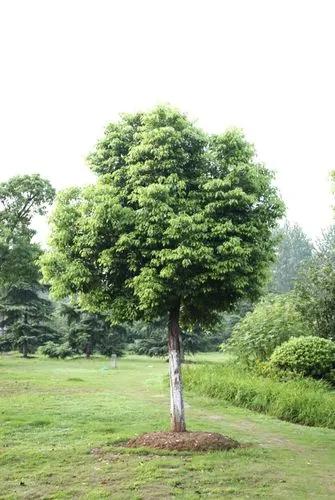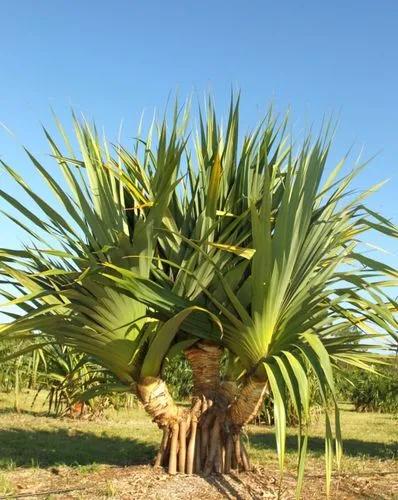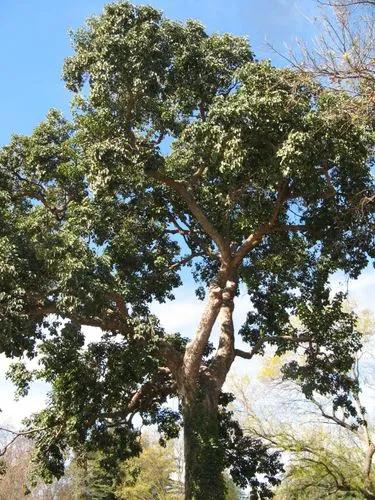Fraxinus caroliniana, the pop ash, Florida ash, swamp ash, Carolina ash, or water ash, is a species of ash tree native from Cuba through the subtropical southeastern United States from southern Virginia to Texas. It was originally described by the botanist Philip Miller. It is a small tree about 40 ft. Leaves are compound, opposite, 7–12 in long, leaflets 5–7 in, ovate to oblong, coarsely serrate or entire, 3–6 in long, 2–3 in wide. Fruit is frequently 3-winged (samara) with flat seed portion; seed sometimes a bright violet color. It is the smallest of eastern North American ash species, wood light, soft, weak, 22 lbs./cu.ft. Typical to coastal swamps and subtropical lowlands.
Florida Ash Care
Fraxinus Caroliniana



Fraxinus caroliniana, or Carolina Water Ash, is a rather small, long-lived deciduous tree or shrub that is native to the southeastern US, often enlarged at the base and leaning, with a rounded or narrow crown. It grows only in the deeper swamps and along river bottoms of the Carolina coastal plains and Piedmont areas, although some specimens have been found in Wake and Anson counties. Typically, the tree grows to 25 feet tall with a diameter of 6 to 8 inches. It does not tolerate salt spray or brackish waters. In nature it is an understory tree in moist to wet, shady sites with acidic soil.
The leaves are interesting, fairly large and pinnately compound. The winged seed pods hang in groups and add additional interest. Use it in wet areas of the yard or where there is frequent standing water, pond margins, boggy areas or low-lying sites.
How to Care for the Plant

Popularity

36 people already have this plant 2 people have added this plant to their wishlists
Discover more plants with the list below
Popular articles






